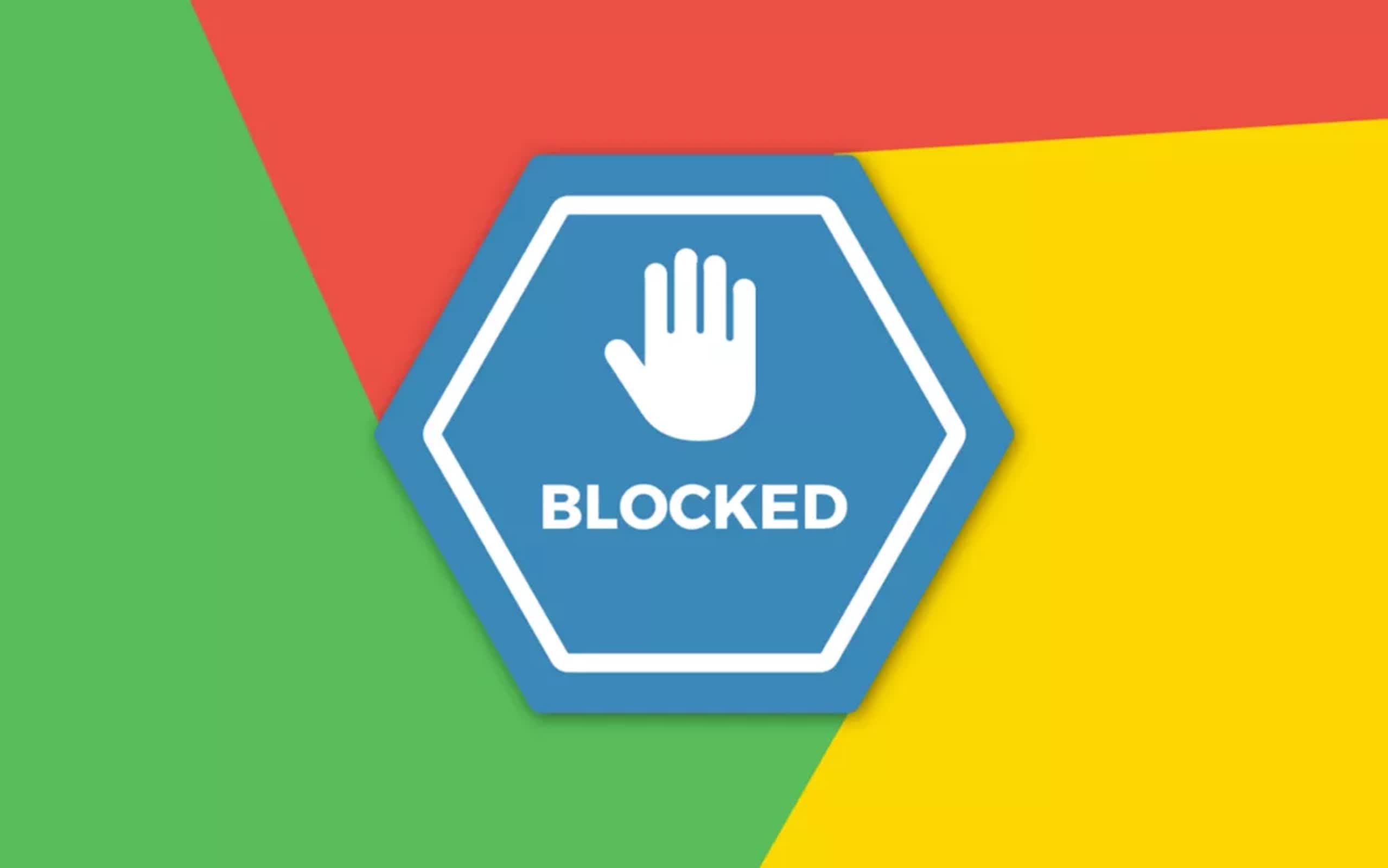The big picture: Google claims that the new version of its Chrome extension platform will mean a safer and more efficient browser experience for users. While there are some features in Manifest V3 that will facilitate this, critics claim that the new controls are more helpful to advertisers. This has raised questions about Google's motivations, given that a significant portion of its revenue comes from advertising.
After six years of development, Google Chrome is transitioning to Manifest V3 – Mountain View's new version of the Chrome extension platform – which will become mandatory for all extensions. Initially introduced in 2018, the last update regarding Manifest V3 came a few months ago when Google indicated that extensions using V2 would begin to be phased out starting in early June across the Beta, Dev, and Canary channels.
Google states that 85% of actively maintained extensions in its store have Manifest V3 versions ready. Users of popular extensions like uBlock Origin have started seeing warnings that they may soon be unsupported.
Developers of such extensions are adapting, with uBlock Origin planning a "Lite" version compatible with Manifest V3. Ghostery, for its part, has adapted its software to work around the limitations imposed by Manifest V3.
Google claims Manifest V3 aims to enhance the security, privacy, performance, and trustworthiness of extensions as it introduces stricter limits on what they can do and how they access user information. However, this claim is disputed by organizations like the Electronic Frontier Foundation and Mozilla, which will continue supporting Manifest V2. Critics, namely the makers of ad- and tracker-blocking extensions, say the restrictions in this platform are designed to help advertisers, not users.

While Google insists it is not eliminating ad blockers but making them safer, the new rules, such as disallowing remotely hosted code, complicate the maintenance of ad-blocking lists. For instance, under Manifest V3, ad blocking extensions seeking to modify their filter lists will need to submit their updates through Chrome Web Store's approval system. This process could potentially slow down the ability of ad blockers to respond quickly to new advertising techniques or anti-adblock measures implemented by websites.
Other features in Manifest V3 include Offscreen Document, which provides DOM access for extensions to use in a variety of scenarios like audio playback; User Scripts API, which helps user script manager extensions run scripts more safely; and Side Panel API and Reading List API, which add more functionality for extensions, with the Side Panel API already available and the Reading List API in Beta.
Google has also improved content filtering support by increasing the limits for static and dynamic rulesets, which it claims are particularly beneficial for ad-blocking extensions
One of the most significant changes is the replacement of background pages with service workers. Background pages are always running in the background, allowing them to maintain state and handle events continuously. Because they are always active, background pages can consume significant system resources, impacting browser performance.
Service workers, by contrast, are not always running. They are event-driven, meaning they start up when needed and shut down when idle. The end result for users could be improved browser performance and reduced memory usage.
